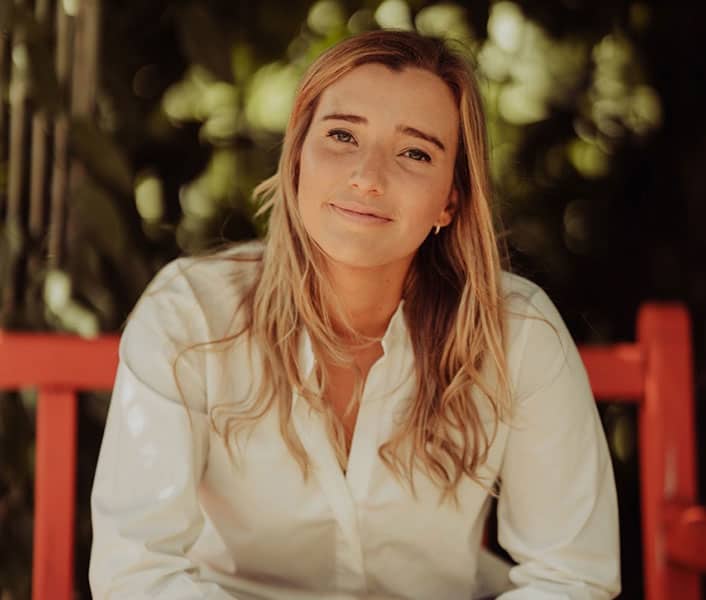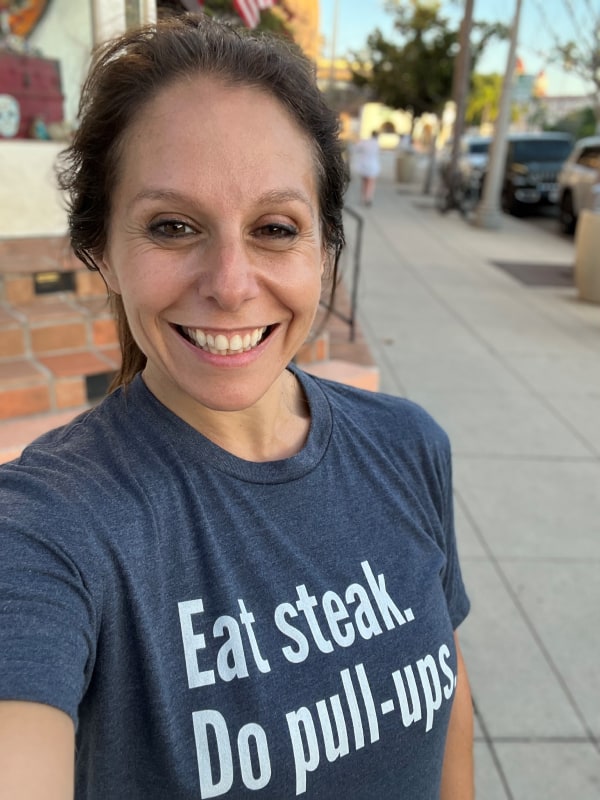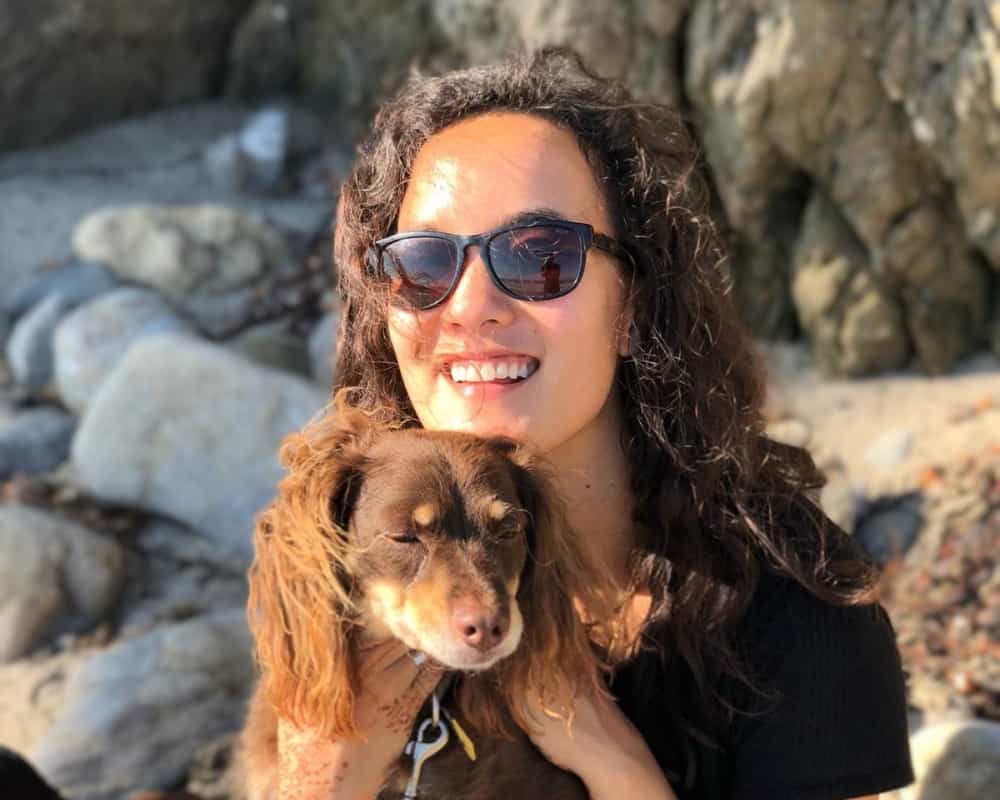“Great gifts come with great responsibility” was the mantra Ulupreneur Maricel Saenz heard as a young child from her mother. Both of her parents were doctors who spent their careers trying to save lives and help people, so Maricel grew up always thinking about others’ welfare. During her youth in Panama and Costa Rica, she had an entrepreneurial spirit that was always infused with concerns about social impact. Attending university in Canada, Maricel knew she wanted to have a career that would have an impact beyond her personal and social development.
Through her university in Canada, she spent a summer in a small town in South Africa, helping entrepreneurs start small businesses. She pondered how her group could help businesses transform places and help people. In her final year of college, she went to Cambodia and focused on empowering women to create their own sources of income.
Before building her own company, Maricel co-founded Nextbiotics, a firm that was trying to create a replacement for the antibiotics used in food production, employing synthetic antibiotics to create viruses. She spent a lot of time trying to understand the food industry and becoming acutely aware of how the human race is consuming more resources than the Earth can generate in a year.
She began thinking about her home country of Costa Rica and its main export, coffee. Because of climate change, depletion of the soil and intense water usage, coffee won’t be sustainable as a crop in the next few decades, and Maricel felt driven to address it.
She had moved to Silicon Valley and was working with PhDs in biotechnology, researching ways to sustainably make coffee—without the beans.
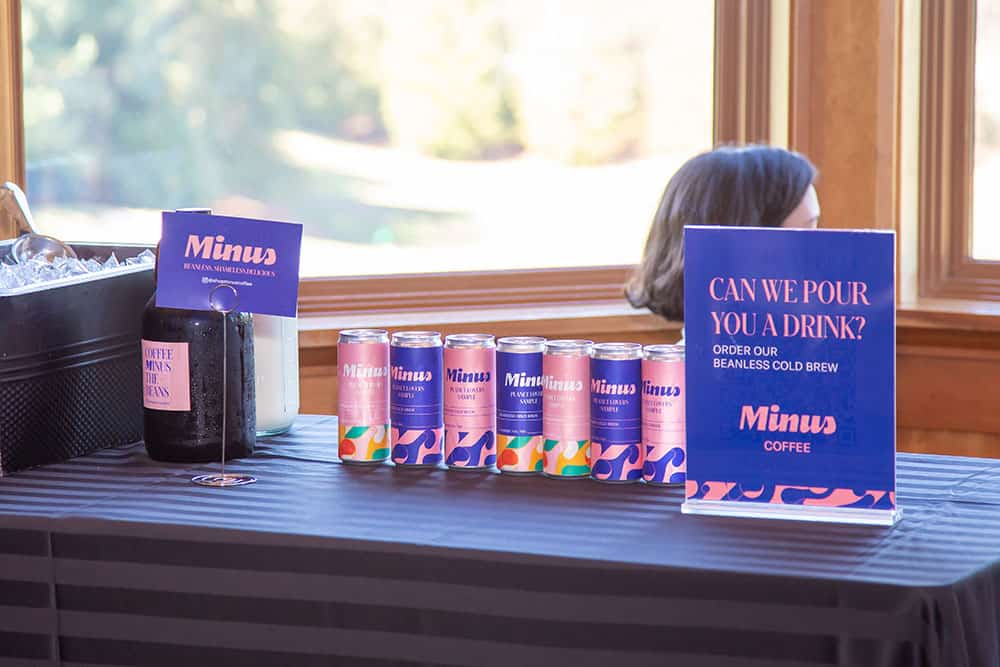
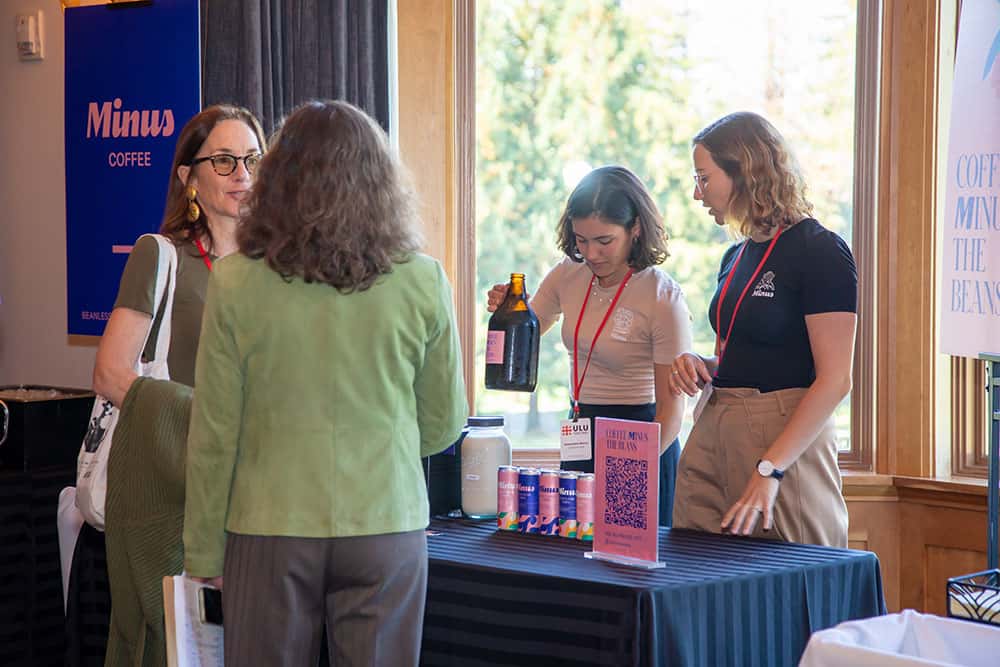
She founded Compound Foods in 2020 and has rebranded to Minus (the beans, that is). We caught up with her shortly after she served her tasty brew to attendees at Ulu’s annual meeting.
How can you make coffee without coffee beans?
We recreate the flavors, the aroma and the effects of coffee, without using coffee beans, resulting in a product that’s equally delicious, but with a fraction of the environmental footprint; it’s also more resilient to climate change. We do that by using agricultural inputs—seeds and cereals—that are low-water and low in carbon emissions. Through fermentation, we transform them into coffee flavors.
How important is diversity to you and how does it show up in your business?
We have a lot of different nationalities on our team, which is heavily female. When we’re recruiting, we’re really trying to hire the best people for each position. Authenticity is also critical. It doesn’t matter what you look like, we’re all different and we make space to make everyone feel that they can be themselves.
How are you handling the current market conditions when it comes to fundraising?
I think in this fundraising environment, it’s changed the expectations. The most important thing that we’re thinking about is how that affects our consumers and what they’re looking for in products.
“We’ve always known that to make Minus successful, it has to taste right, and be priced right. We need to be able to scale it up not only fast, but also efficiently. So that means we’re looking at what is the existing infrastructure that’s already built out that we can leverage, versus having to build our own.”
And then there’s sourcing. Where can we get all of these ingredients so that we can not only create the coffee that we want, but also make it in a way that’s less volatile to some of the other global economic changes and shifts that are going on. We’ve put a small amount of coffee on the market and are talking with consumers. We will have a large-scale commercial launch later this year.
What are your dreams for Minus?
I’m most excited about the potential of what we’re building. We can grab products that in the past would have been considered food waste, and bring them back into the value chain and turn them into new products to reduce all of the things that are super valuable. The power of fermentation is really exciting to see—we start with one thing and end up with something so different. And thinking about how those microbial interactions can transform our food for the better is really exciting. The goal is to build a platform that allows us to grab low-value inputs, and transform them into high-value products.

